Inside $51 billion plan to move capital city in Indonesia
It’s Australia’s favourite holiday destination, attracting more than one million of us every single year. But a massive change is coming.
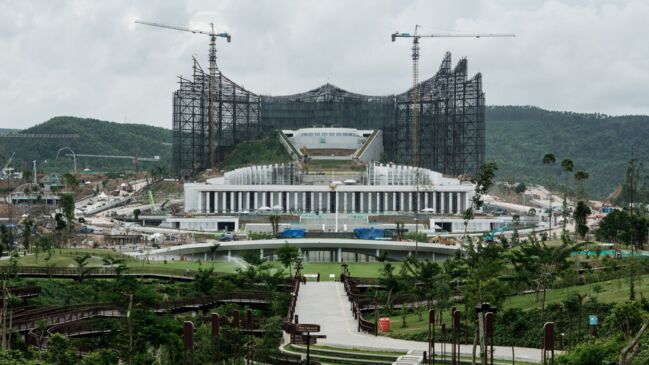
Indonesia has grand plans to move its capital from the current city of Jakarta on the packed island of Java to the leafy jungles of East Kalimantan or Indonesian Borneo – some 5228km from Canberra.
The new capital city will be called Nusantara, which means “archipelago” in the Indonesian language, and the project is expected to be fully completed by 2045 – at a total cost of an eye-watering $51 billion.
Plans to move the capital from Jakarta to Kalimantan began when former Indonesian President Joko Widodo, popularly known as Jokowi, announced the ambitious scheme in his annual address to the nation back in 2019.
“A capital city is not just a symbol of national identity, but also a representation of the progress of the nation,” Jokowi said at the time.
Yet the idea is not entirely new, and discussions to relocate to Kalimantan were first mooted decades ago.
“Indonesia’s first president, Sukarno, had proposed Kalimantan as the site of a new capital in the 1950s, as it is roughly in the centre of Indonesia’s vast archipelago,” Ian Wilson, a lecturer in politics and security studies at Perth’s Murdoch University, told news.com.au.
With over one million Australians visiting Indonesia annually, here is everything you need to know about the new capital.

Why is the capital moving?
Jakarta has been the seat of Indonesia’s government and central administration since the country declared its independence from the Dutch in 1945, but it has had its fair share of problems over the years which are only predicted to get worse.
Jakarta is currently home to a staggering 11 million people and is infamous for its heaving traffic jams, choking smog, frequent flooding and overcrowding.
The city also suffers from unregulated groundwater extraction, which means that it is sinking at a rate of between one and 15 centimetres every year – and a projected 25 per cent of the city could be underwater by 2050, according to official government reports.
However, some have questioned the rationale of leaving Jakarta, and its myriad problems, for a new location.
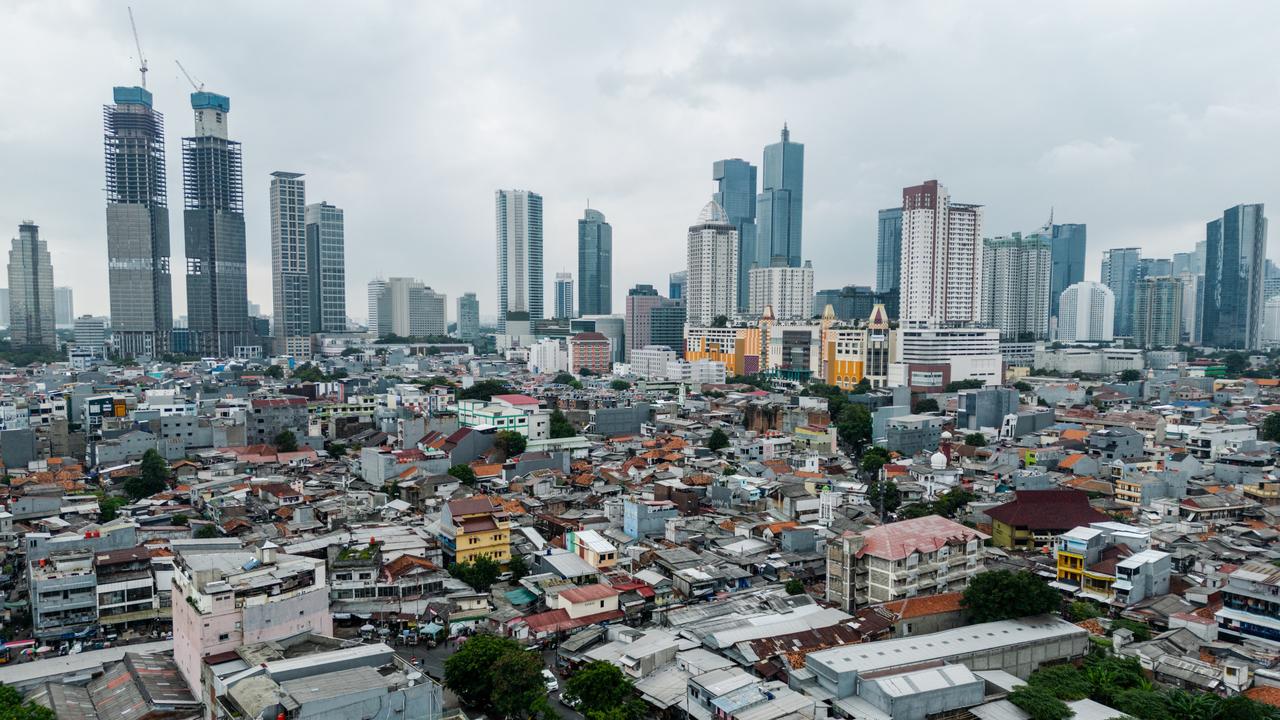
“The contemporary argument is that it would help to redress underdevelopment in areas of the country far from heavily populated Java. This has been questioned, as Kalimantan is itself relatively far from the most underdeveloped parts of the country in the East, and there is no clear indication how having the capital there will address this,” Murdoch’s Wilson said.
“It has been proposed as needed to alleviate the burden on Jakarta which suffers from overdevelopment and chronic problems of traffic, pollution, flooding and subsidence.
“Critics point out a new capital will do nothing to remedy these complex issues, many arguably the product of successive mismanagement by national and provincial governments, with some suggesting it is closer to an ‘escape plan’ for national political elites, who will be removed from the challenges of a heaving megacity.”
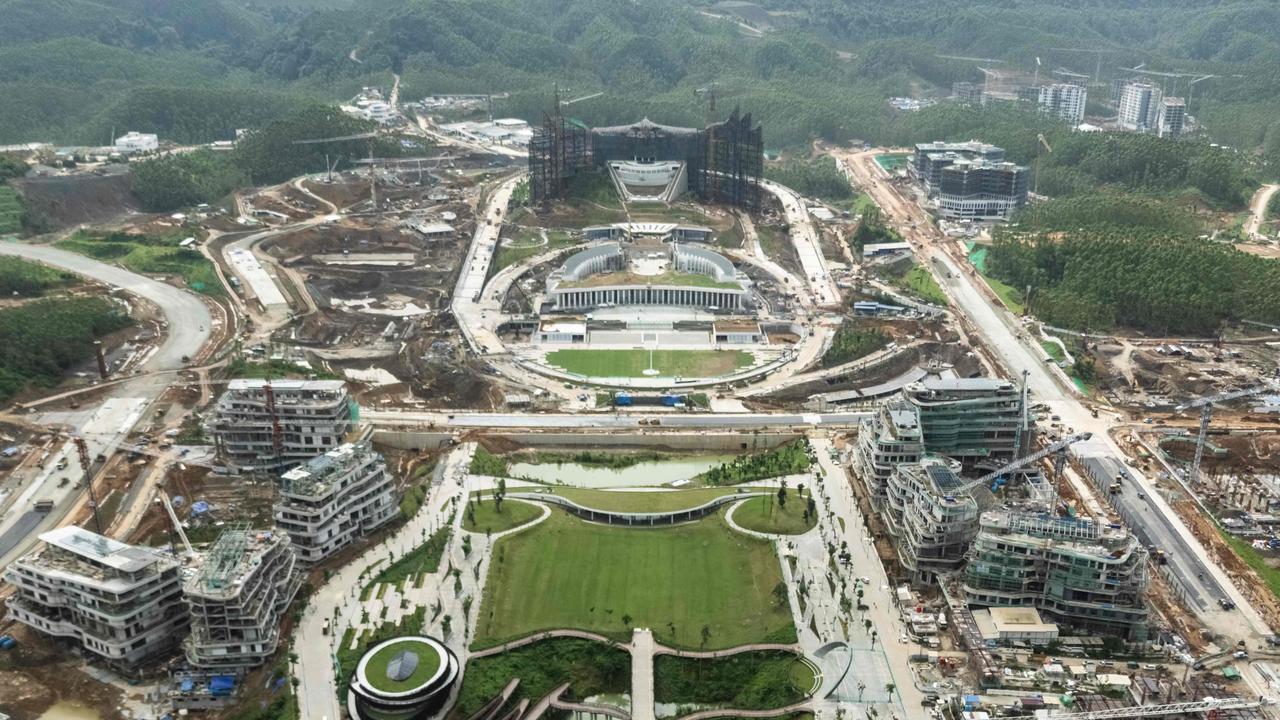
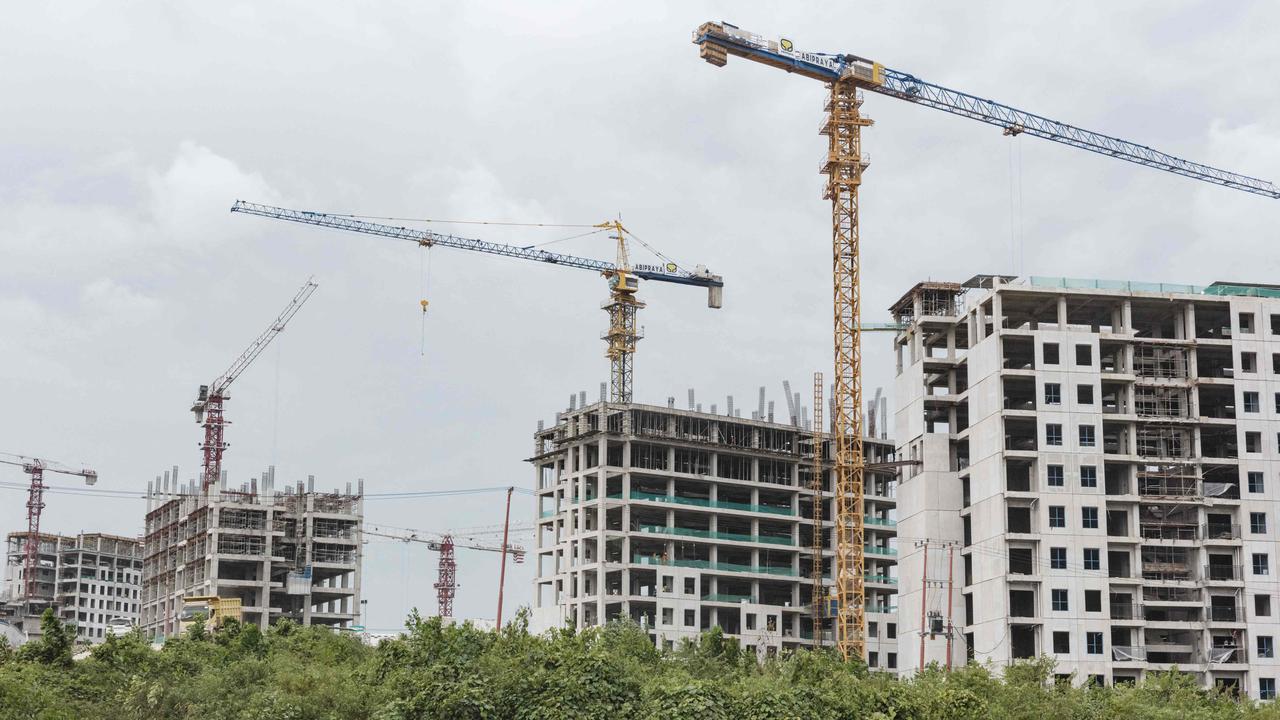
How big is it?
When it is completed, Nusantara is expected to cover some 2560 square kilometres.
Indonesia is planning to relocate 20,000 civil servants to service Nusantara, which will become the seat of the country’s central government.
By 2045, it is projected that almost 2 million people will live in Nusantara.
It is also slated to be a sustainable city, which will use renewable energy sources to power it, and 80 per cent of journeys around the new capital will be taken on foot, by bicycle or on “green” public transport options.
The government also plans to make the city carbon neutral by 2045.
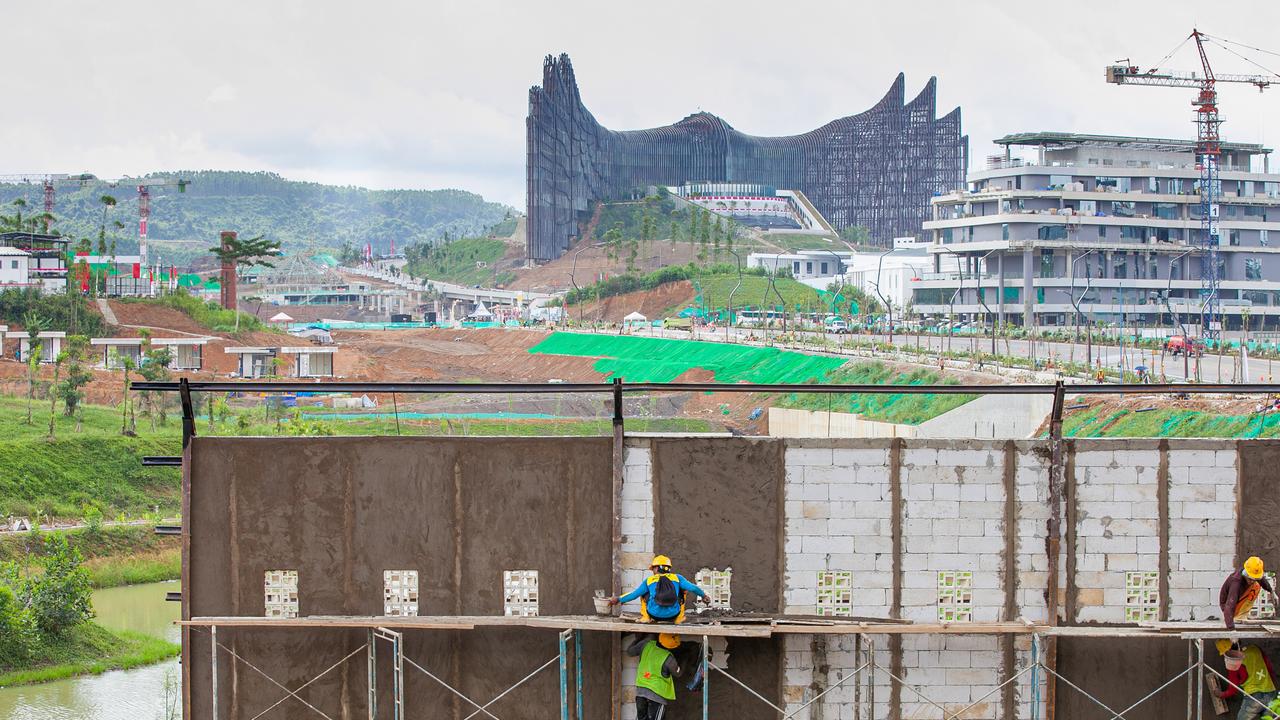
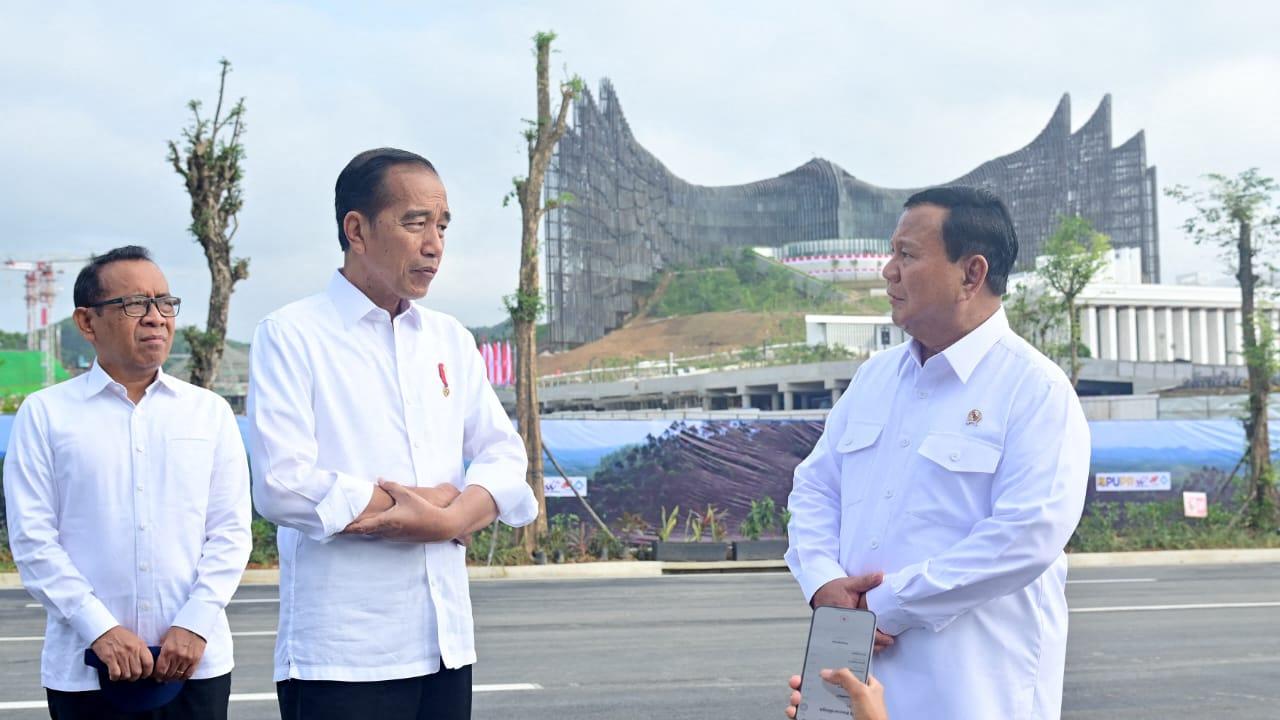
How do you get to Nusantara?
A new airport named Naratetama has been built close to Nusantara and there is a planned toll road under construction that will link Naratetama with the city of Balikpapan, one of the main transport hubs in East Kalimantan Province.
It is most likely, however, that most international travellers to Indonesia who wish to visit Nusantara will continue to fly to Jakarta or Bali where they can catch a connecting flight to Balikpapan and drive two hours to the new capital.
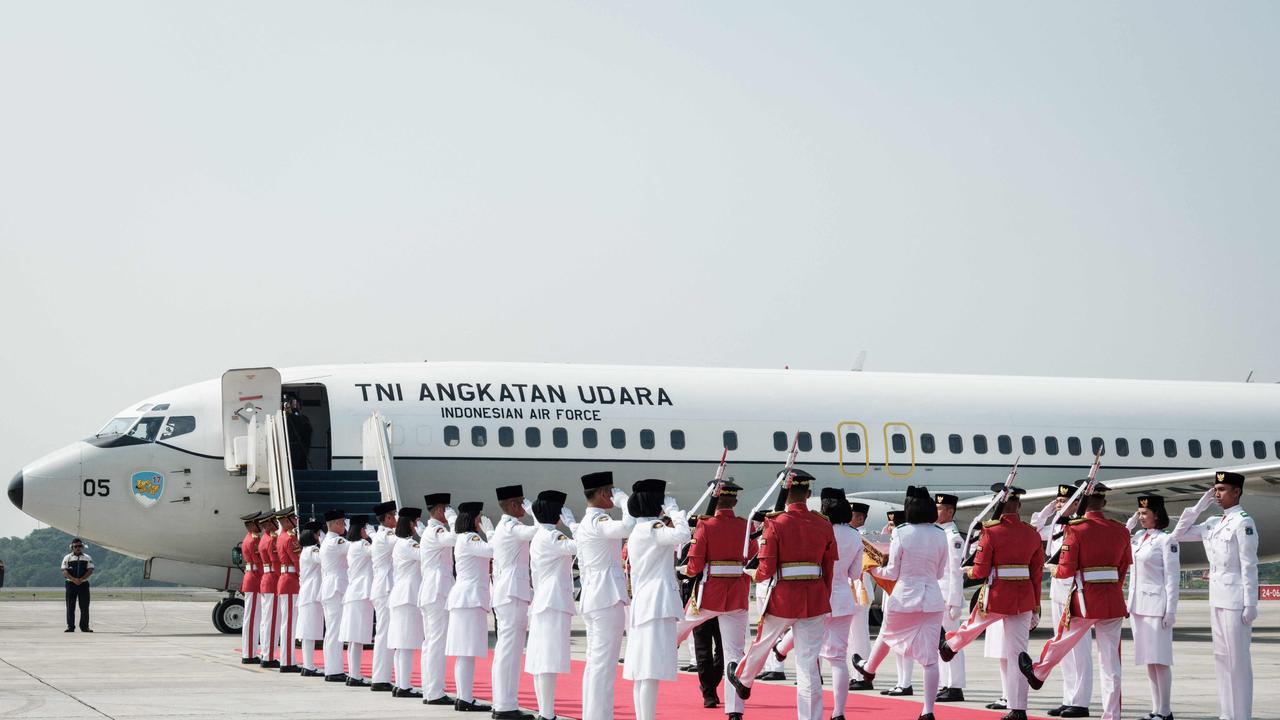
How will Nusantara affect travellers?
The new capital is unlikely to affect travellers to Indonesia, although there is some confusion as to whether embassies will stay in Jakarta.
“According to the new capital road map, embassies are also expected to move. But it is more likely they will stay in Jakarta to facilitate services there,” Siwage Dharma Negara, a senior fellow at the ISEAS-Yusof Ishak Institute in Singapore, told news.com.au.
Even if embassies do relocate to Nusantara, there will still be consulates in other parts of Indonesia such as Bali and Surabaya, and visa hubs will continue to operate locally.
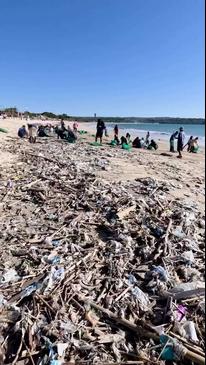
As to whether travellers will have a need to travel to Nusantara for other administrative purposes, Negara said that this was also unlikely, but would depend on the circumstances.
“All government ministries will be in Nusantara, so projects related to government programs, mining, energy, infrastructure or which require ministerial approval [will need to be dealt with there],” he said.
Have other countries moved their capitals?
Moving a capital city is an ambitious and complex undertaking, and only a few other countries have attempted such a feat, including Indonesia’s neighbour Myanmar, which moved its capital from Yangon in 2006 to a purpose-built administrative hub called Naypyidaw.
In 1960, Brazil also relocated its capital from Rio de Janeiro to Brasilia and Nigeria moved its government from its largest city Lagos to Abuja in 1991.
Pakistan also changed its capital from Karachi to Islamabad and Kazakhstan relocated its capital from Almaty to Astana.
Aisyah Llewellyn is a freelance journalist based in Indonesia





